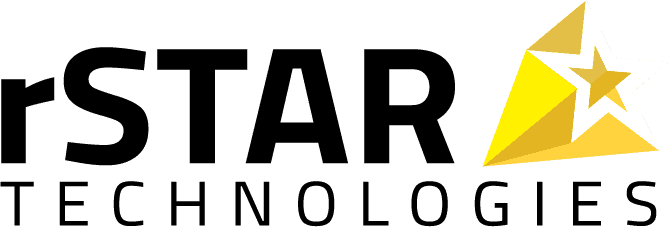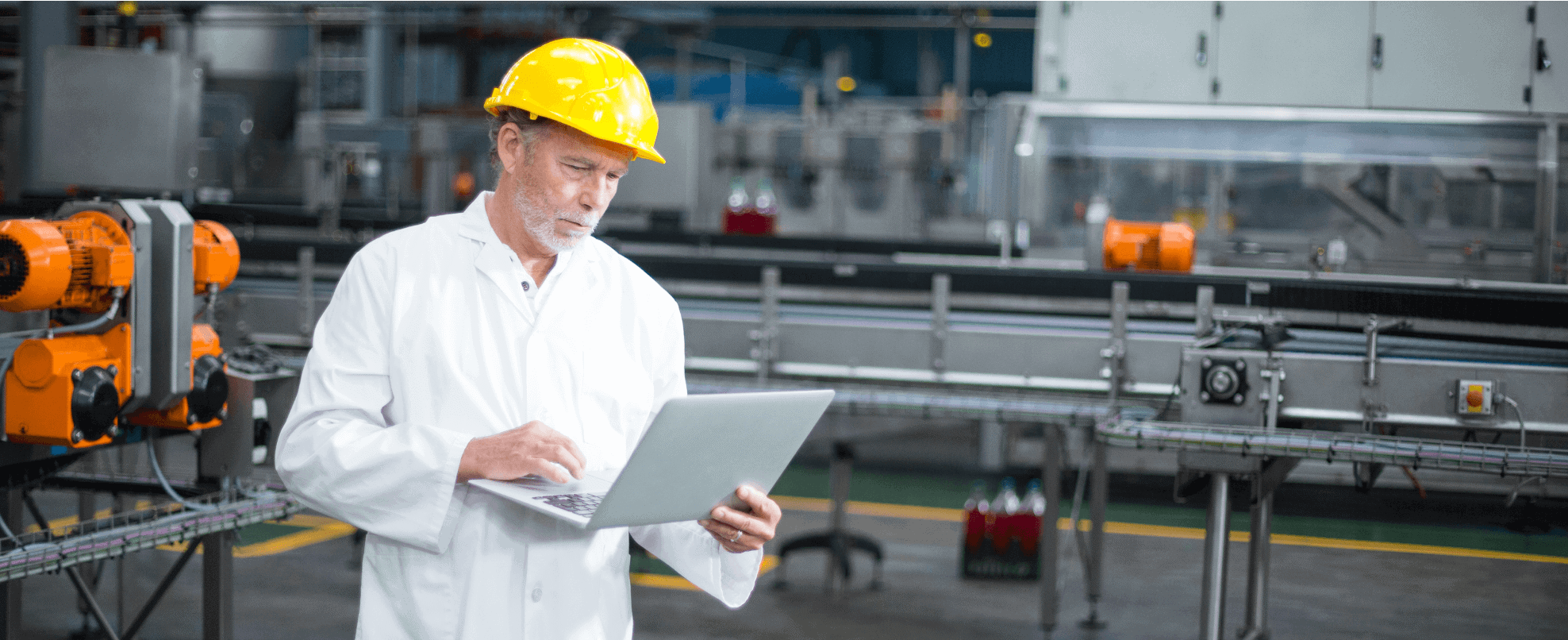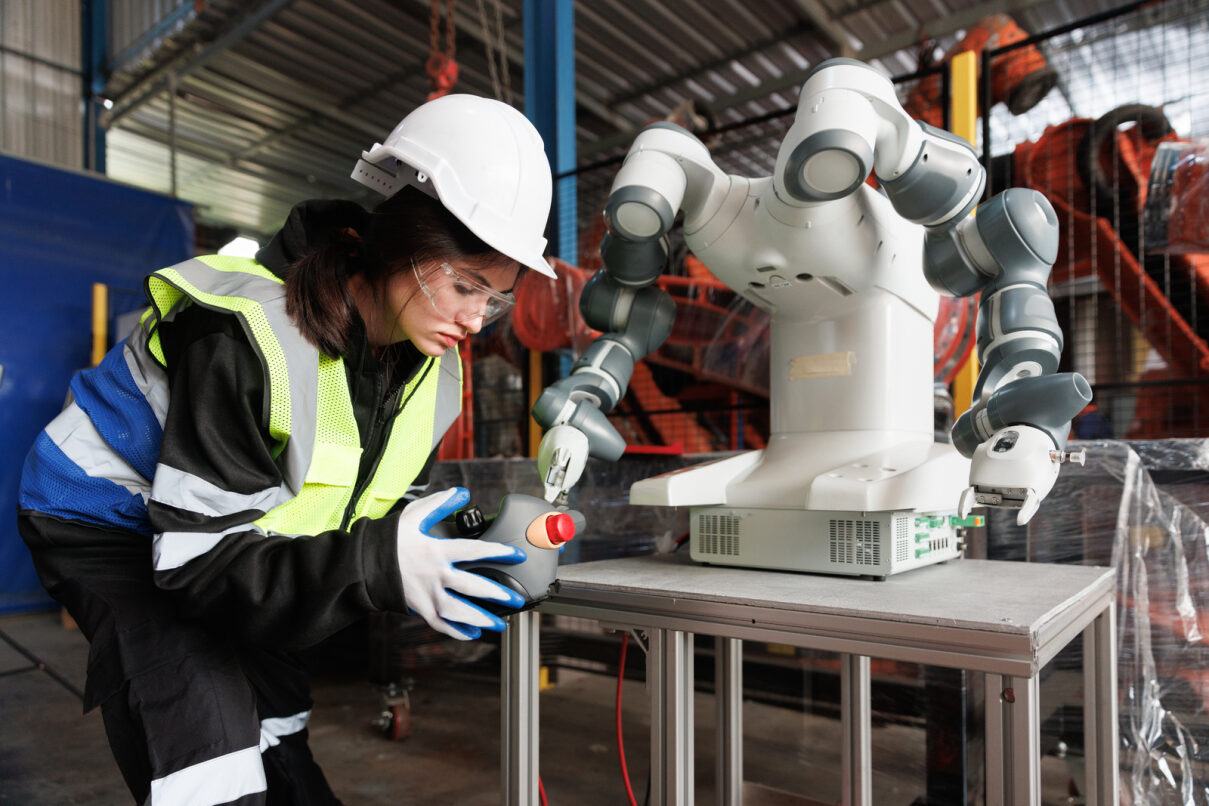Artificial intelligence (AI) is revolutionizing many industries as we speak. In the manufacturing sector, where the competition for profitability is tougher than ever, AI has the potential to create new business efficiencies and reduce costs overall.
In this blog, we’ll…
- Uncover the case for expanded use of AI & machine learning in manufacturing
- Explain how AI can improve productivity within manufacturing businesses
- Describe how AI-enabled service can improve CSAT for manufacturers
The State of AI in the Manufacturing Industry
When a layperson thinks about “automation” in manufacturing, they probably imagine a robot welding arm or a well-timed conveyer belt. Within the industry, however, it’s business automation that drives profits in 2022.
Given increased global competition, COVID-19, and the industry-wide talent crunch, manufacturers need to maintain a higher degree of efficiency than ever before. Inefficiencies in business processes like reporting, billing, accounts payable – any situations where data is being pulled from a variety of sources for analysis and presentation – lead to lost work hours and lost profits.
At the same time, customer expectations for service and support are growing. The desire for speed and satisfaction keeps going up, even as IT directors and service managers are told to achieve more and more with the same core team – and without bulging beyond the limits of their budgets, of course.
In short, efficient use of time and resources are the driving reasons why so many manufacturers are looking to AI.
AI-Enabled Productivity Improvement for Manufacturing
A few generations ago, those robot welding arms and conveyer belts made human workers less essential. The current generation of AI solutions, on the other hand, is all about maximizing human potential.
AI-powered digital assistants, for example, are extending the scheduling and administrative support that was once reserved for executives with secretaries to all employees.
With such an assistant, any worker can set up productivity reminders, schedule collaborative sessions with colleagues, and even gather the emails and other documents to prepare for that meeting effectively. That assistant uses machine learning to get even better over time at recognizing patterns and finding new ways it can help.
A similar digital assistant-style interface can also boost productivity by significantly accelerating data look-up times and eliminating human data transfer errors. Instead of clicking through various apps and windows, using copy/paste, or needing to manually transfer data from one sheet to another, an employee can simply ask the AI assistant to fetch the data for them at lightning speed.
This technology has many promising applications for business office employees (billing, AP, payroll, etc.), warehouse/supply chain workers (order look-up, inventory review, etc.), and mobile service technicians and support teams.
For example, with the right mobility strategy, on-the-go professionals like drivers and repair technicians can use the conversational AI interface as a mobile assistant to stay seamlessly integrated with their organization’s ERP and CRM. That means fewer data entry or transfer errors, shorter report times, and greater connective tissue between the office and the road.
Automating the Customer Experience in Manufacturing
Providing great post-sale service in a world with a decreasing number of in-person interactions has been a challenge in manufacturing for years, and COVID-19 has only exacerbated the situation as we start a new decade.
Highly integrated AI solutions like chatbots and advanced mobile workforce management tools, however, offer the promise of more purposeful work and improved customer experience while actually reducing overall IT and support investments. Customer-facing conversational agents or “chatbots” already have an established track record of deflecting low-level service calls and account management transactions, and the capabilities of the technology are rapidly improving.
Thanks to machine learning and innovative integrations, those AI agents are ready to start processing the vast majority of customer interactions and can recognize something they can’t help with almost immediately. That means call center headcounts can be reduced because the human professionals are reserved for situations only they can help with.
Because AI customer support (which is essentially self-service) is so rewarding, AI deployments reduce service costs without any dip in customer satisfaction. Of course, developing the right strategy is essential to realizing these dramatic gains, but the potential is truly tantalizing.
Uncover More AI Use Cases for Manufacturing
If you’re looking to learn more about how AI and machine learning are creating new opportunities for profit and economies of scale for manufacturers, rSTAR has the technology expertise and proven industry experience to help you create a roadmap to success.

About rSTAR Technologies
rSTAR is a full-service specialized system integrator built to transform leaders in the asset-intensive industries, such as energy and utilities, manufacturing, high-tech, and automotive into business value all-stars by focusing on digital transformation initiatives. With over 20 years of experience in Oracle, Microsoft, and Salesforce, the company provides consulting, implementation, and services for AI, CX integration and automation solutions. For more information, please visit rSTAR Technologies







